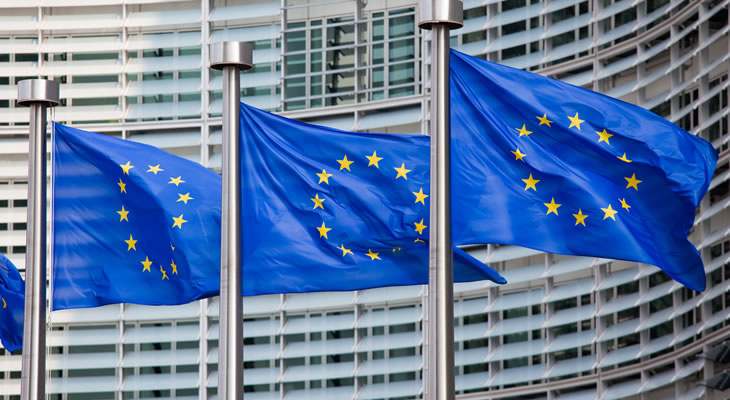Disappointing Eurozone Economic Sentiment Survey Limits Pound Euro (GBP/EUR) Exchange Rate Downside
A smaller-than-expected uptick in May’s Eurozone economic sentiment index helped to put a floor under the Pound Sterling to Euro (GBP/EUR) exchange rate.
As the index only picked up from 64.9 to 67.5 on the month, falling short of the forecast 70.3, this limited the relative strength of the Euro (EUR).
With the Eurozone economy still looking set to remain sluggish in the second quarter, in spite of expected fiscal stimulus in the pipeline, the single currency struggled to extend its bullish run.
Sentiment in the service sector showed an unexpected decline, meanwhile, suggesting that a further deterioration in economic activity is likely before the end of the second quarter.
An easing in the German consumer price index put additional pressure on the Euro, meanwhile, as the chances of fresh European Central Bank (ECB) policy action continued to pick up.
Sharp Decline in German Retail Sales Set to Dent Euro Demand
The mood towards the Euro could sour further ahead of the weekend if April’s German retail sales data weakens as anticipated.
Markets expect to see a dramatic -12% fall in sales on the month, reflecting the impact of the Covid-19 lockdown as the economy ground to a standstill at the start of the second quarter.
While the retail sector is not as key to the health of the German economy as the manufacturing sector a weak showing here could still drag on EUR exchange rates.
The single currency could also face fresh pressure on the back of the finalised first quarter French and Italian gross domestic product reports.
Confirmation that both major Eurozone economies experienced a sharp slowdown in the first three months of the year may offer the GBP/EUR exchange rate a temporary rallying point.
As long as the currency union remains on track to suffer a severe recession in the first half of 2020 this should keep the Euro on a weaker footing against its rivals.
Risk of Negative BoE Interest Rates Keeps Pound Biased to Downside
With markets still speculating that the Bank of England (BoE) could cut interest rates into negative territory this year the upside potential of Pound Sterling (GBP) appears limited.
Although chief economist Andy Haldane attempted to talk down the possibility of imminent negative rates this failed to convince investors, leaving GBP exchange rates exposed to selling pressure.
A deeper monthly decline in UK car production could see the Pound weakening further on Friday, with output looking set to plunge in the face of lockdown conditions.
Until the UK economy can demonstrate signs of bouncing back from the initial impact of the Covid-19 crisis the mood towards the Pound looks set to remain bearish in nature.
Political anxiety may also weigh on the GBP/EUR exchange rate in the days ahead thanks to the lingering controversy surrounding the prime minister’s chief advisor and his repeated breaches of lockdown restrictions.


Comments are closed.